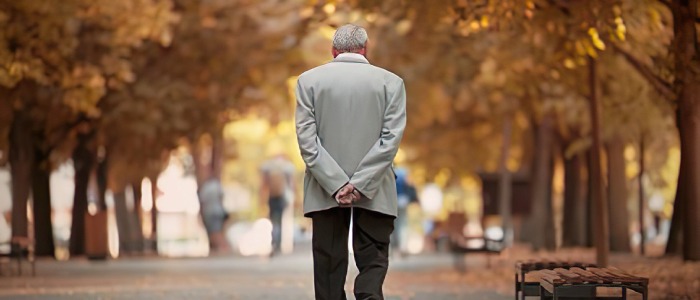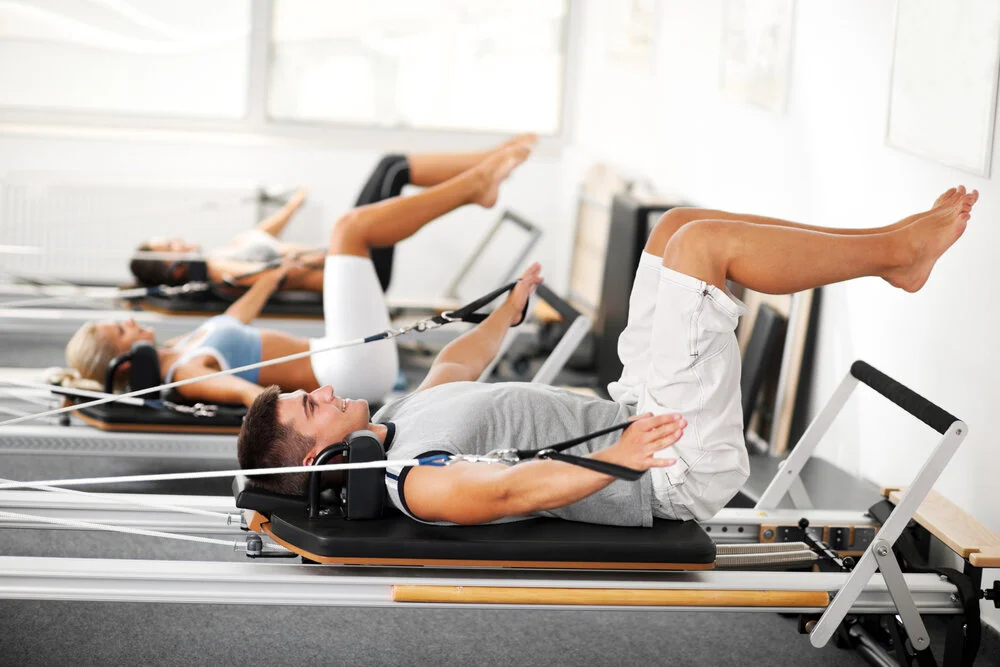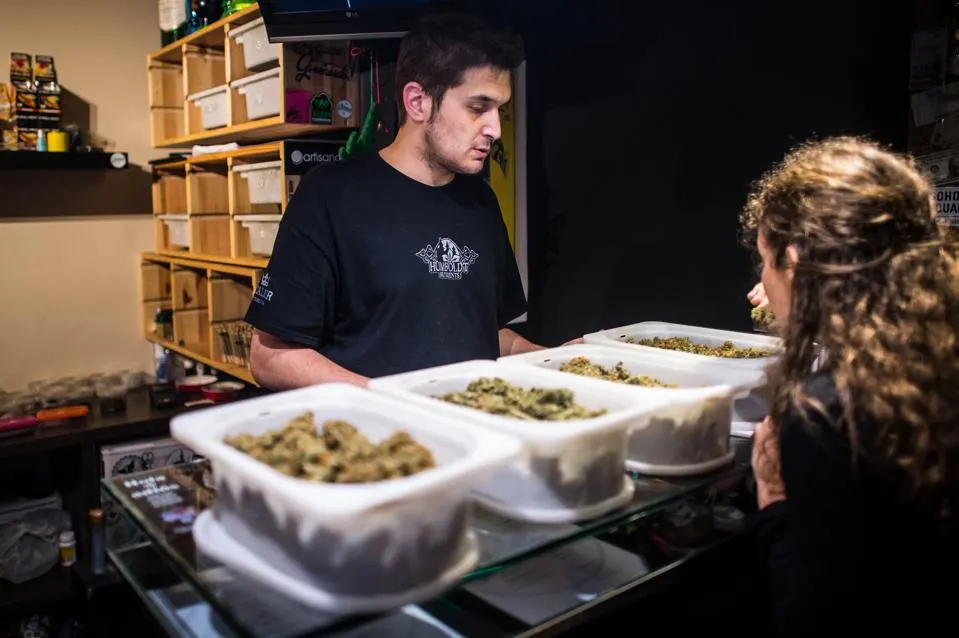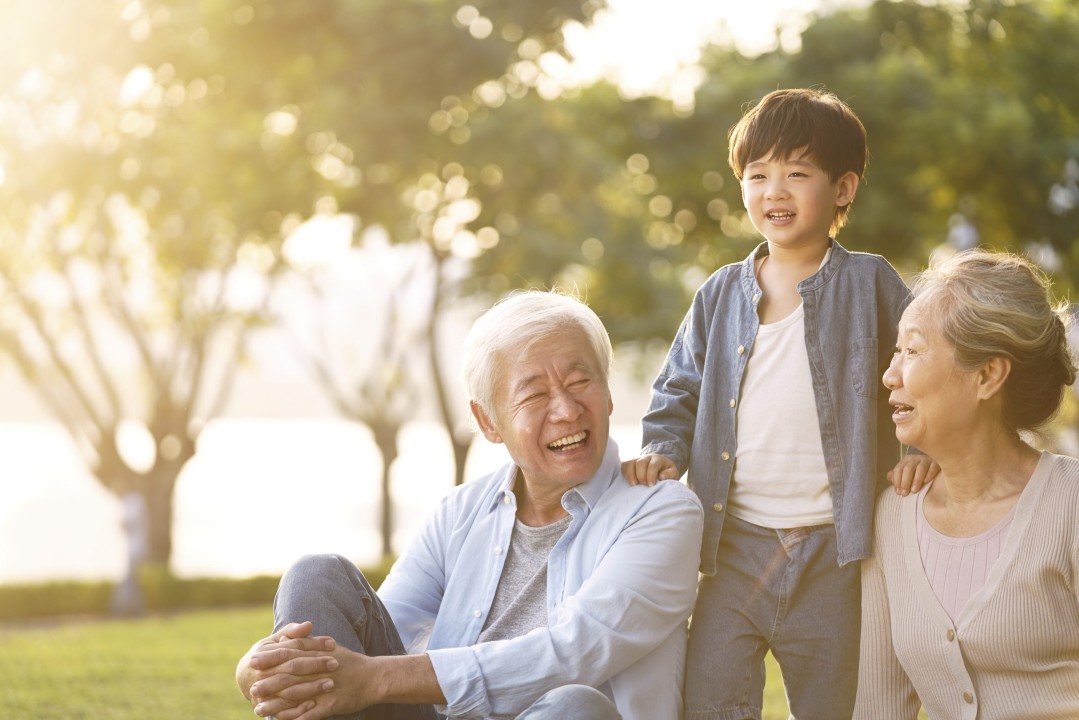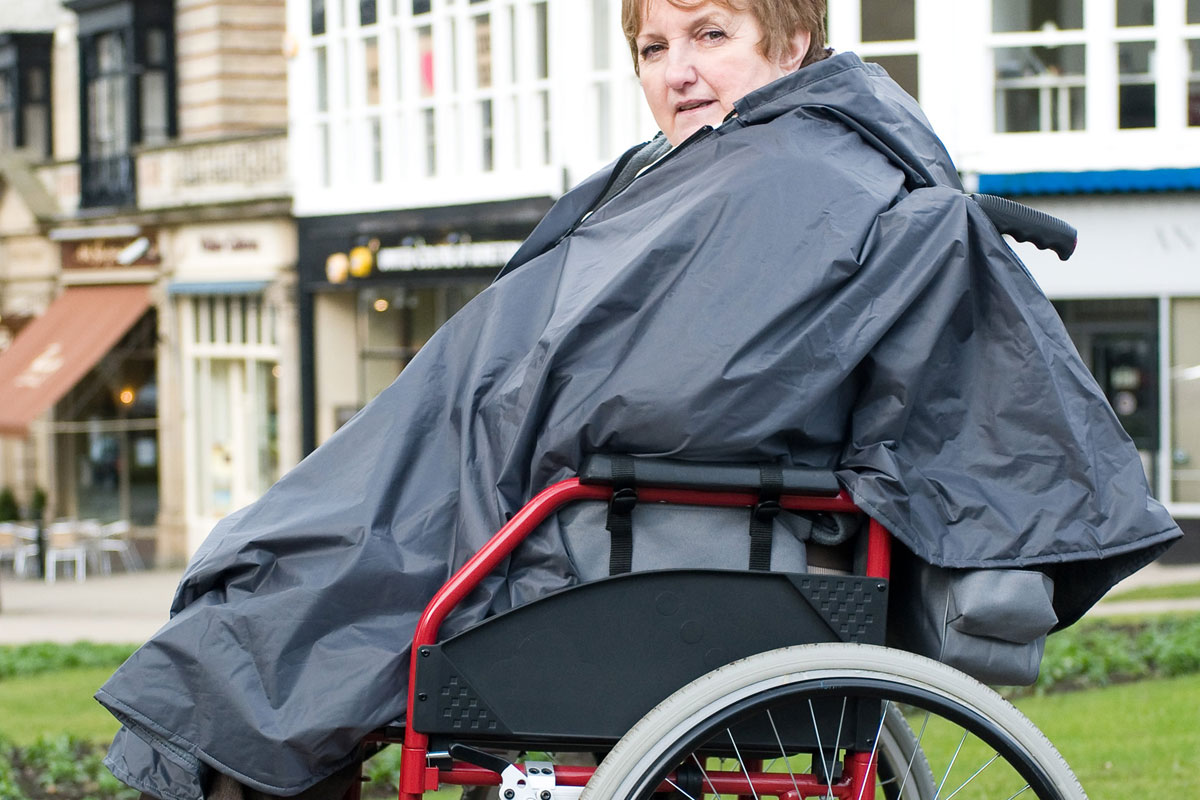As society ages quickly, loneliness in seniors has become a big worry. It really affects their happiness and mental health. Sure, assisted living places offer structured environments designed to meet seniors’ physical needs, but they can’t replace family for the emotional side of things. This piece digs into how families are key to fighting this loneliness.
Fostering Meaningful Connections
Family members have a special role in creating deep, personal bonds with seniors. It’s more than just regular visits. It means doing things together that the older person loves.
Looking at old photos, gardening, attending community events, or simply eating together can spark real happiness and closeness. Also, helping seniors keep up with friends and get involved in social activities adds so much to their lives. It makes them feel important and less alone.
Embracing Technology for Communication
In today’s tech-savvy world, gadgets and apps are a game-changer for keeping seniors linked with their families, especially when they can’t meet in person. Showing seniors how to use smartphones, make video calls, and navigate social media opens up new ways for them to connect with loved ones and the wider world.
This does wonders in cutting down loneliness and boosts their confidence by letting them keep up their social circles on their own. Families need to be patient and encouraging while helping seniors get the hang of technology. Realizing that getting tech-savvy can greatly improve feelings of belongingness is key.
Providing Emotional Support and Understanding
Just being there for a senior is incredibly powerful. Listening to their stories, getting where they’re coming from, and acknowledging how they feel can really lift their spirits. Families are key in spotting when loneliness or sadness kicks in early.
They can offer the emotional support needed or get help when it’s time. It’s all about making a space where seniors don’t worry about being judged and understand that others share similar experiences, too.
Encouraging Physical and Mental Activity
Getting seniors involved in both physical and mental activities is key to their health and fighting off loneliness. Families can either cheer on or join in with regular exercises, hobbies, or brain games that keep the mind sharp.
Activities like walking, yoga, painting, or just gardening give older adults a feeling of purpose and success. Plus, these activities open doors for hanging out with family members or friends. This builds up a sense of community where they feel they belong.
Conclusion
Families are crucial in helping seniors feel less lonely. This happens through regular meaningful interactions, using tech to stay in touch, offering solid emotional support, and promoting both physical and mental activities. By pulling together in these ways, we can make sure our older loved ones enjoy lives full of love, respect, and friendship.

